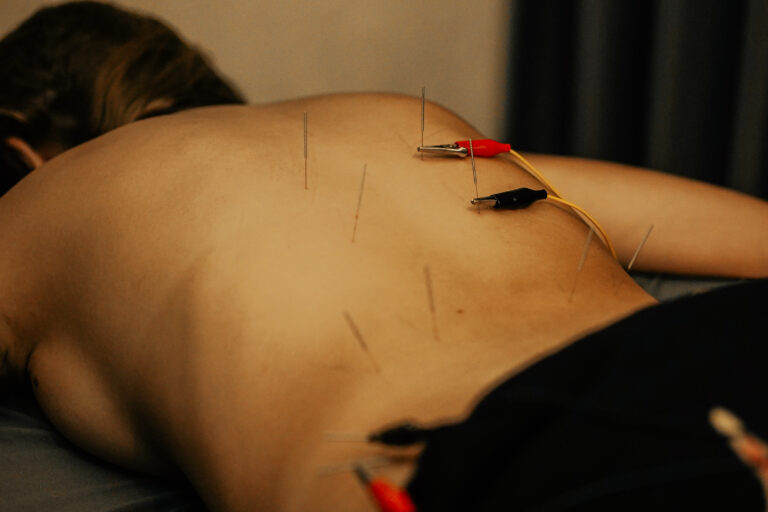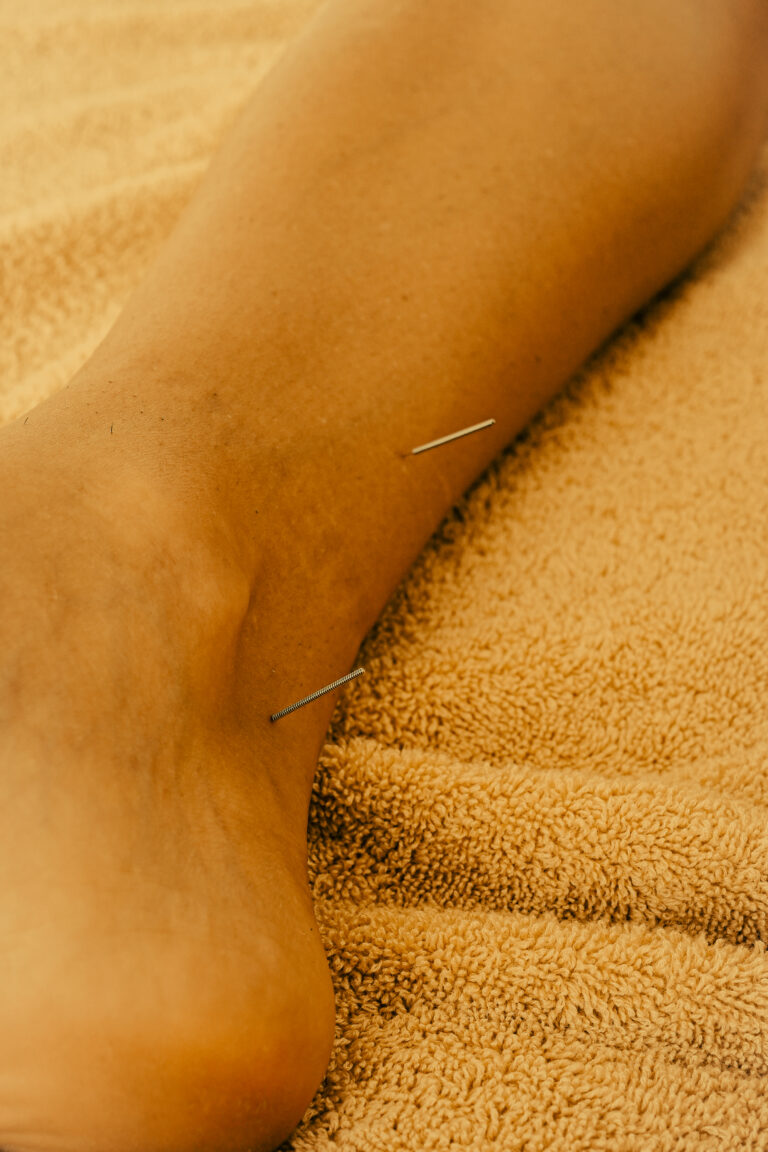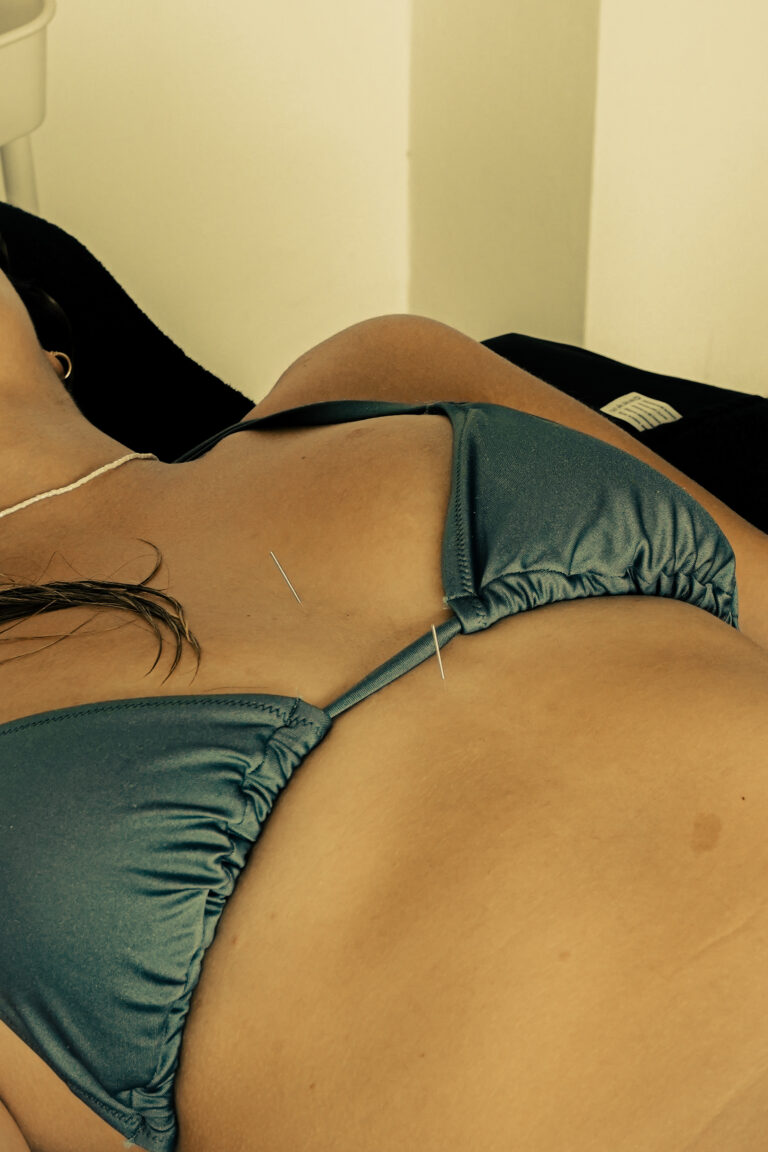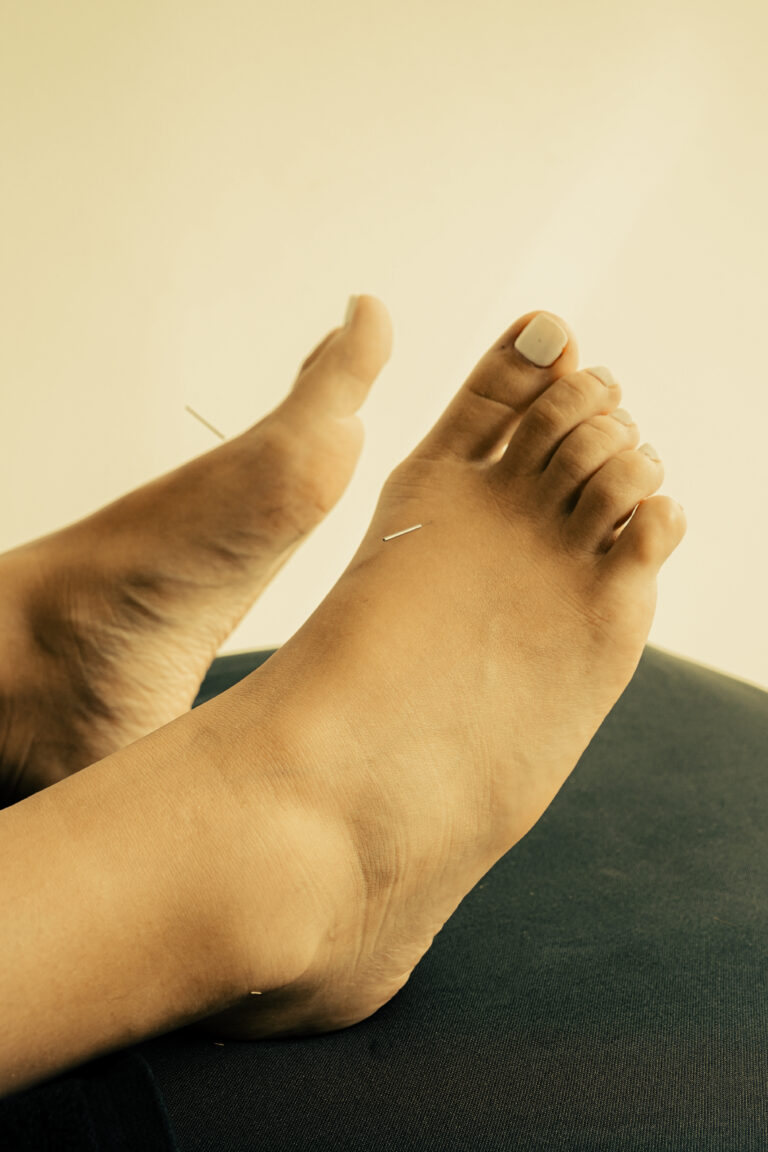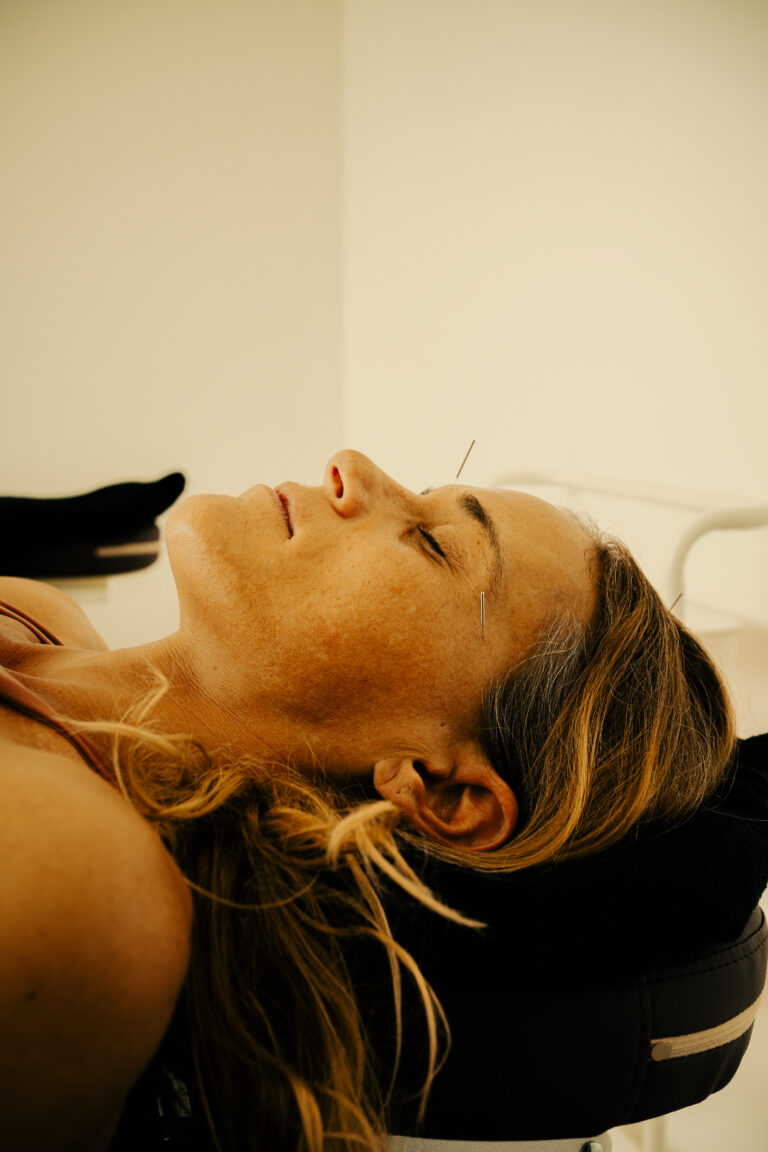Emotions and Organs: TCM Mind-Body Connection
In Traditional Chinese Medicine (TCM), emotions are not seen as separate from physical health—they are intrinsically linked to the Zang-Fu organ systems. Each emotion corresponds to a specific organ, and imbalances in that organ can both cause and be caused by emotional disturbances. For example, anger affects the Liver, worry affects the Spleen, and fear affects the Kidneys.
TCM believes that emotions are both a cause and symptom of disease. When emotions are excessive, suppressed, or prolonged, they disrupt the normal flow of Qi and Blood, leading to both mental and physical symptoms. This dynamic interplay is central to TCM’s mind-body approach to healing.
Key Organ Systems Involved
- Liver (Gan)
- Emotion: Anger, frustration, resentment
- Function: Ensures the smooth flow of Qi and regulates emotional balance
- Imbalance leads to: irritability, PMS, tension headaches, tight shoulders
- Heart (Xin)
- Emotion: Joy (or excessive excitement/anxiety)
- Function: Houses the Shen (mind/spirit)
- Imbalance leads to: insomnia, palpitations, restlessness, mania
- Spleen (Pi)
- Emotion: Worry, overthinking
- Function: Governs digestion and Blood production
- Imbalance leads to: fatigue, poor appetite, obsessive thinking, bloating
- Lung (Fei)
- Emotion: Grief, sadness
- Function: Controls Qi and respiration, governs the skin
- Imbalance leads to: shortness of breath, crying easily, low immunity
- Kidney (Shen)
- Emotion: Fear, insecurity
- Function: Stores Essence, governs development and reproduction
- Imbalance leads to: lower back pain, night sweats, anxiety, reproductive issues
Common TCM Patterns for Emotional Imbalance
- Liver Qi Stagnation
- Symptoms: emotional frustration, sighing, PMS, tight chest
- Tongue: normal or slightly red sides
- Pulse: wiry
- Related emotion: anger, resentment
- Heart Yin Deficiency
- Symptoms: anxiety, palpitations, insomnia, dry mouth
- Tongue: red with little or no coating
- Pulse: thin and rapid
- Related emotion: excessive joy or worry
- Spleen Qi Deficiency
- Symptoms: fatigue, poor focus, bloating, melancholy
- Tongue: pale with teeth marks
- Pulse: weak or soft
- Related emotion: worry and overthinking
- Lung Qi Deficiency
- Symptoms: low voice, frequent sighing, weak immunity, sadness
- Tongue: pale
- Pulse: weak
- Related emotion: grief
- Kidney Yin Deficiency
- Symptoms: fear, insomnia, night sweats, tinnitus
- Tongue: red and dry
- Pulse: thin and rapid
- Related emotion: fear and insecurity
Treatment Principles in TCM
- Regulate Liver Qi to release pent-up emotions
- Nourish Heart Blood and Yin to stabilize the Shen
- Strengthen the Spleen to ground the mind and reduce overthinking
- Tonify Lung Qi to process and release grief
- Support Kidney Yin and Essence to overcome fear and anchor the mind
- Harmonize Zang-Fu organ function for overall emotional balance
Diet and Lifestyle Tips (TCM-Based)
Diet
- For Liver Qi stagnation: eat green vegetables, mint, turmeric, and avoid greasy/spicy foods
- For Heart Yin deficiency: include lily bulb, black sesame, red dates, longan fruit
- For Spleen deficiency: eat warm, cooked foods like oats, sweet potatoes, ginger
- For Lung deficiency: pear, white fungus soup, honey, radish
- For Kidney deficiency: walnuts, goji berries, bone broth, black beans
Lifestyle
- Practice regular movement (e.g., walking, stretching, tai chi) to move Qi
- Avoid emotional suppression—express through journaling, talking, or creative activities
- Incorporate quiet reflection or meditation to calm the Shen
- Sleep before 11 PM to nourish Yin and help restore emotional balance
- Limit multitasking and overstimulation, especially in the evening
Daily Acupressure for Emotional Imbalance
- LV3 – Tai Chong (太冲)
- Location: Between the big toe and second toe
- Function: Moves Liver Qi, reduces emotional tension and frustration
- HT7 – Shen Men (神門)
- Location: On the wrist crease, radial side of the flexor carpi ulnaris tendon
- Function: Calms the Shen, reduces anxiety and insomnia
- PC6 – Nei Guan (內關)
- Location: 2 cun above the wrist crease, between two tendons
- Function: Calms the Heart and relieves chest tightness
- LU9 – Tai Yuan (太淵)
- Location: At the wrist crease, radial side
- Function: Tonifies Lung Qi, supports grief release
- KD3 – Tai Xi (太溪)
- Location: In the depression between the medial malleolus and Achilles tendon
- Function: Tonifies Kidney Yin, calms fear and anxiety
Technique: Apply gentle pressure for 1–2 minutes on each point while breathing deeply and mindfully.
TCM Treatment Recommendations
- Acupuncture sessions to target organ-specific imbalances based on emotional patterns
- Cupping or Gua Sha on the back to release tension from the Bladder meridian
Conclusion
In Traditional Chinese Medicine, emotions are deeply tied to physical health through the Zang-Fu organ system. When emotions are out of balance, they manifest in both the body and mind. By identifying and treating the root organ imbalance, TCM offers a holistic and profound way to rebalance emotional health, restore energy flow, and reconnect body and spirit. Healing emotions in TCM is not only about calming the mind—but about harmonizing the whole person.
Sources
- Maciocia, Giovanni. The Foundations of Chinese Medicine. Elsevier, 2005. ISBN: 9780443074899
- Deadman, Peter et al. A Manual of Acupuncture. Journal of Chinese Medicine Publications, 2007. ISBN: 0951054651
- Chen, John K. & Chen, Tina T. Chinese Medical Herbology and Pharmacology. Art of Medicine Press, 2004. ISBN: 9780974063504


